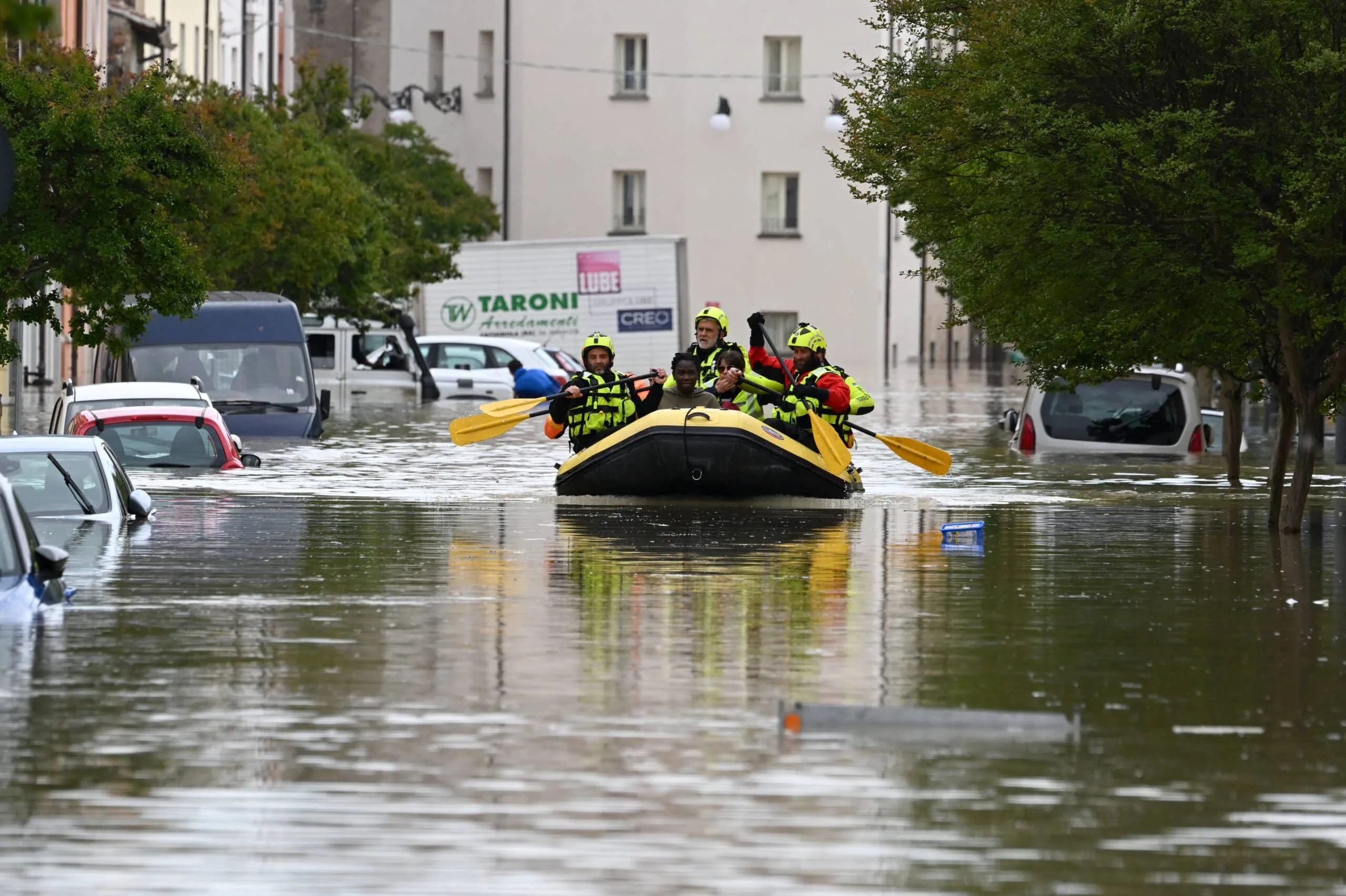Brussels – New assistance is on the way to help farmers affected by floods in Emilia Romagna in May 2023. A day after the final unblocking of €446 million from the EU Solidarity Fund and the member countries’ okay for emergency repairs through Common Agricultural Policy (CAP) funds, comes the European Commission’s yes to the €1 billion in state aid notified by the Italian government to support farms affected by May 2023 floods and landslides in Emilia Romagna, Tuscany and Marche.
The objective of the Italian measure is “to support investments aimed at restoring agricultural production potential damaged by floods and landslides” and “to compensate enterprises active in primary agricultural production and in the processing and marketing of agricultural products for the damage suffered,” explains the EU executive. The scheme, which is open to enterprises of all sizes, will remain in force until May 1, 2027, and the aid will take the form of direct grants to finance “up to 100 per cent of eligible investment costs incurred in restoring agricultural production potential to the level existing before the natural disasters” and “up to 100 per cent of the damage suffered by enterprises as a direct consequence of the natural disaster,” the EU Commission points out.
In detail, eligible costs include compensation for material damage to assets such as buildings, equipment, machinery, stocks, and means of production; loss of income due to the total or partial destruction of agricultural production and means of agricultural production; and other expenses incurred by the beneficiary due to the natural disaster. Under Article 107 of the Treaty on the Functioning of the European Union (TFUE), which allows member states to grant aid to remedy damage caused by natural disasters or exceptional occurrences, the EU Commission found that flooding and landslide events were classified as natural disasters and that the scheme only serves to compensate for damage actually caused by such disasters. “The scheme also introduces an appropriate mechanism to ensure that there is no overcompensation,” Berlaymont Palace illustrates.
With its analyses, Brussels found that “the aid facilitates the development of an economic activity, namely primary agricultural production,” and “is necessary and appropriate for farmers to implement measures for the immediate restoration of agricultural production and the resumption of activities if they do not have the necessary funds for the reconstruction of damaged assets.” In addition, according to Brussels, “the scheme supports the objectives of key EU policy initiatives, such as the Common Agricultural Policy,” and “will have an ‘incentive effect’ as beneficiaries would not implement such measures without public support.”
Finally, the Commission points out that “the aid is proportionate, as it is limited to the minimum necessary and will have a limited impact on competition and trade between member states” and “produces positive effects that outweigh any potential distortion of competition and trade in the EU.” On this basis, the Commission approved the Italian scheme. For the vice-president of the EU executive, Margrethe Vestager, the scheme will allow farmers to be compensated, including loss of income, “without distortion of competition.”
English version by the Translation Service of Withub






